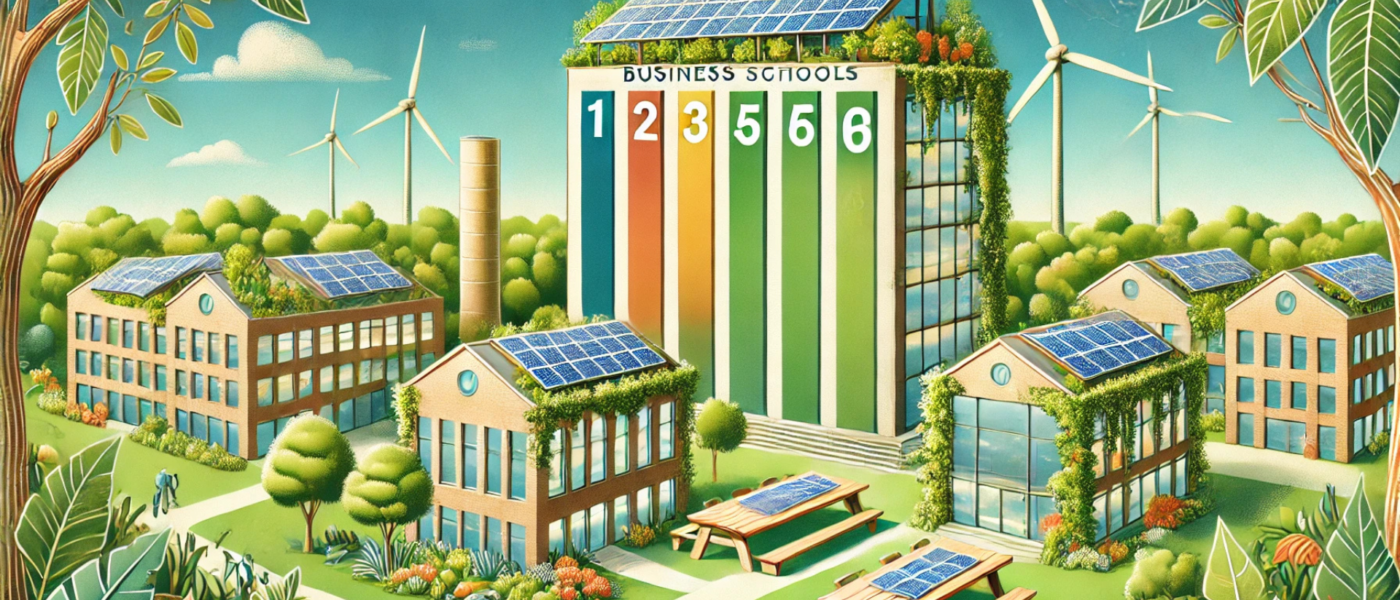Scientists have been ringing the alarm bell about climate change for years now, urging governments to take action to clamp down on it. Although a few measures have been taken, English-speaking countries do not seem to deliver the goods when it comes to tackling global warming.
The contradiction of the UK regarding climate change
In 2003, a daily £5 congestion charge was introduced in London in order to curb traffic and pollution; it was since increased to £11.50 per day in 2018.
In addition to this, in 2019 the Mayor of London Sadiq Khan introduced new zero-emissions zones in London, which rule that older and more polluting vehicles will be charged more when entering the congestion zones; £12.50 in addition to the regular congestion charge.
In August 2023, Rishi Sunak pledged a duty to reaching target Net Zero by 2050 by cutting greenhouse gas emissions to as close to zero as possible. In the same month, the UK Government released its biomass strategy aiming to develop a sustainable biomass sector in an effort to promote its ongoing sustainability strategy. Biomass is a renewable energy source that can be used for transport, heat, and electricity, which accounted for 8.6% of the UK’s energy supply in 2022. It is widely considered an alternative to fossil fuels since it is significantly less polluting.
In 2022, renewables fuelled around 42% of the UK’s electricity generation – up from 7% in 2010 – and a record 48% of the UK’s electricity in the first quarter of 2023, which testifies to the country’s willingness to develop renewable energy.
Yet, in July 2023, Rishi Sunak’s government announced 100 new licenses for oil and gas exploration and production in the North Sea. This will allegedly improve energy security and create tens of thousands of jobs. This clearly testifies to the UK’s stubbornness regarding lower fossil fuel usage, which is highly polluting. Sunak claims domestic oil and gas is “better for the climate” than importing it from abroad, stating that it would save “two, three, four times the amount of carbon emissions”. However, the United Nations has made it clear that governments must end their global reliance on fossil fuels.
Moreover, UK environmental law was previously regulated by the European Union. However, Brexit changed this, and led to the implementation of the Office for Environmental Protection in the United Kingdom in 2020 in order to protect the environment, regulate environmental laws and hold the government accountable. However, certain climate advocates deem it less effective than the EU and claim it will not stop the government from turning a blind eye to environmental violations.
This highlights the contradiction of Rishi Sunak’s government when it comes to cracking down on climate change.
The contradiction of the US regarding climate change
In August 2022, President Biden signed the Inflation Reduction Act, the most ambitious climate policy in American history. It aims to tackle global warming whilst reducing domestic inflation. The bill seeks to:
- increase investment in climate change to reduce carbon emissions 40% by 2030.
- accelerate the clean energy transition and create millions of jobs in the clean energy sector (solar panels, wind turbines, other clean infrastructure)
- allocate $60 billion to disadvantaged communities to reduce environmental injustice (such as communities in New Mexico suffering from Uranium mining, which leads to health issues for those living near radioactive Uranium mines).
In addition, in September 2022 the Biden administration announced that the US aims to cut emissions in half by 2030, below 2005 levels.
Wind and solar energy combined produced more electricity than coal in the first quarter of 2023 and accounted for a quarter of US electrical generation. Electricity generated by solar increased by 7.8% compared to the same period in 2022. This testifies to the significant progress made by the US as regardsrenewable energy.
Nonetheless, despite President Biden’s pledge to allocate $11.4 billion a year by 2024 to climate change, the US Congress only approved $1 billion for international climate finance in 2022, which is clearly insufficient.
Furthermore, US policies to reduce domestic emissions fail to meet the Paris Agreement’s 1.5°C target.
Moreover, in August 2023, the state of Florida approved videos denying climate science as state curriculum at school. They compare climate activists to Nazis, claim that solar and wind energy are harmful to the environment and that global warming is a natural phenomenon. Thus, these videos spread misinformationregarding climate change.
Conclusion: if the British and the American governments truly aim to combat global warming, the measures taken to crack down on climate change fall short of expectations.
Lexique:
- To ring the alarm bell: tirer la sonnette d’alarme
- To urge sb to do smth: pousser qqun à faire qqch
- To clamp down on/to crack down on:prendre des mesures radicales
- To deliver the goods : répondre aux attentes
- When it comes to/regarding/as regards: en ce qui concerne
- To tackle: lutter contre
- Global warming: réchauffement climatique
- To pledge : promettre
- To account for : représenter
- To testify to: attester de, prouver que
- Willingness: volonté
- Global reliance: dépendance mondiale
- Misinformation: désinformation
- To fall short of expectations: ne pas être à la hauteur des attentes (= not to deliver the goods)
- Thus: ainsi
- To deny: nier
- To lead to : mener à
- The implementation: la mise en place
- To hold sb accountable : rendre qqun responsable
- An advocate: un défenseur / A climate advocate : un défenseur de l’environnement
- To turn a blind eye to : fermer les yeux sur, ignorer
- To highlight: souligner
- To aim to: avoir pour but de
- To seek to : chercher à
- To allocate: allouer
- Disadvantaged communities: communautés défavorisées
- In addition to smth / Moreover / Furthermore : en outre
- Significant: important/significatif
- Despite: malgré
- Which is: qui est
- To fail to : échouer à / ne pas réussir à
- To meet the target : atteindre l’objectif
























